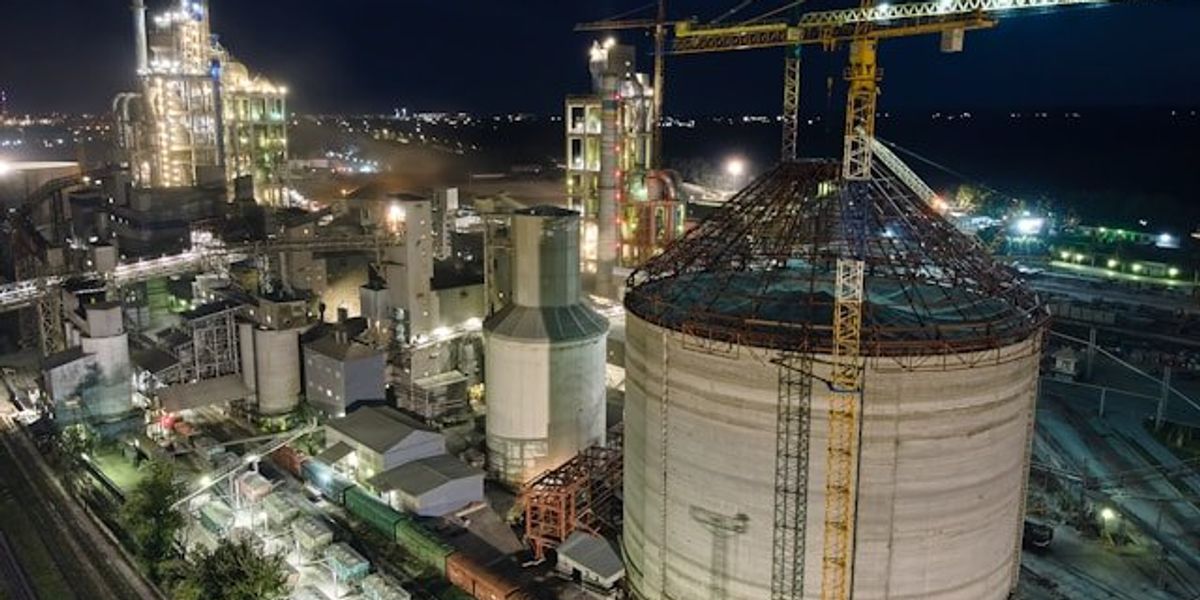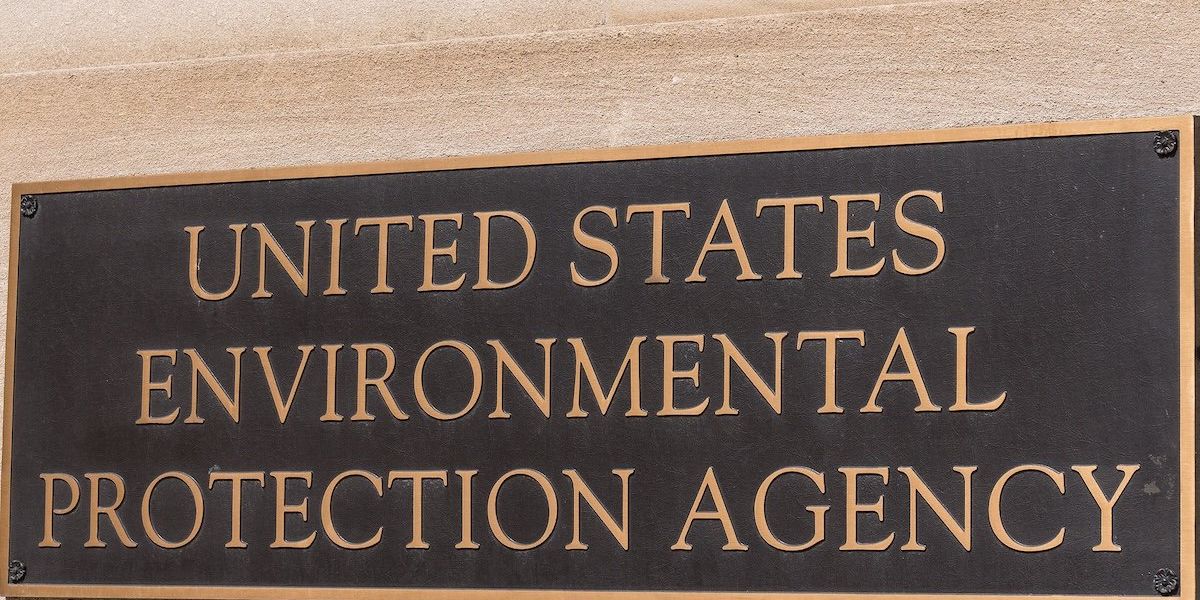senate
The Senate race in Nevada pits renewable energy against fossil fuels
Democratic Senator Jacky Rosen and Republican challenger Sam Brown differ sharply on climate policy and the development of Nevada’s solar industry.
In short:
- Rosen supports the Inflation Reduction Act and policies promoting clean energy and solar panel imports, while Brown opposes solar expansion, claiming it harms Nevada’s landscape.
- Brown advocates for increasing domestic oil and gas production and has criticized renewable energy projects for benefiting California over Nevadans.
- Nevada, with vast public lands and abundant sunshine, is key to the national energy transition, but faces tension between renewable energy development and conservation.
Key quote:
“Nevada is leading the nation in building a robust clean energy economy, which is creating new good-paying jobs and lowering costs across my state.”
— Jacky Rosen, U.S. Senator
Why this matters:
Nevada’s Senate race could shape U.S. energy policy. If Brown wins, the state’s renewable energy sector may face setbacks, impacting climate efforts and job growth tied to solar energy expansion.
Related:
Kamala Harris’ Senate work reveals her environmental priorities
Kamala Harris’ time in the Senate highlights her focus on environmental issues like Superfund sites, nuclear waste and invasive species, which provide insight into her potential presidency.
In short:
- Harris emphasized cleaning up Superfund sites, particularly in California, and criticized the slow progress of these efforts.
- She raised concerns about nuclear waste disposal, specifically the risks posed by the San Onofre plant in San Diego.
- Harris addressed the threat of invasive species, like quagga mussels, and pressed for better management and funding to combat them.
Key quote:
“Our government should not pretend that PFAS contamination is not happening, and we should do something about it.”
— Kamala Harris, U.S. Vice President
Why this matters:
Kamala Harris’ Senate record suggests she will prioritize aggressive action on environmental cleanup and regulation. Her positions on these issues could shape national policy if she wins the presidency.
Be sure to see: Harris could expand environmental justice efforts as president
Congress moves to enhance mining rights on federal land
A bipartisan bill expanding legal rights for mining companies on federal lands has passed the House and is progressing in the Senate.
Esther Frances, Megija Medne, and Phillip Powell report for Inside Climate News.
In short:
- The Mining Regulatory Clarity Act passed the House with bipartisan support and now awaits Senate approval.
- The bill aims to overturn a 2022 court decision that restricted mining waste dumping on federal lands without a valid mineral claim.
- Environmental and Indigenous groups argue the legislation threatens sacred lands and critical environmental protections.
Key quote:
“It makes no sense on its face, that a mining company can dump toxic waste on areas where they have no claims on public land.”
— Laiken Jordahl, Southwest conservation advocate for the Center for Biological Diversity
Why this matters:
The proposed legislation could significantly weaken environmental safeguards and legal precedents protecting public and Indigenous lands from unregulated mining activities. Federal lands are often home to unique ecosystems and wildlife, and increased mining activities could lead to habitat destruction, water contamination, and increased carbon emissions.
Iowa's Senate reviews pipeline property bill
A proposed Iowa Senate bill aims to empower landowners in the face of pipeline construction, offering earlier judicial review opportunities amidst debates over eminent domain rights and environmental concerns.
In short:
- Iowa's proposed legislation may change how landowners can contest eminent domain for pipeline construction.
- The bill allows earlier court challenges and could let landowners halt projects without financial penalties.
- Aimed at giving landowners more rights, the bill is receiving mixed reactions regarding its potential impact on pipeline investments.
Key quote:
Those who oppose such projects “could use the tools of this bill to stop virtually any pipeline project in the state because they could create endless timelines, and time kills projects.”
— Jeff Boeyink, lobbyist for Summit Carbon Solutions
Why this matters:
Environmentalists and some landowners align in opposition to pipelines, citing potential risks to ecosystems, water sources, and the broader implications for climate change. They advocate for more investment in renewable energy sources as alternatives to fossil fuel dependency. Legally, the conflict often plays out in courts, with landowners challenging the use of eminent domain in the context of private companies and projects. The outcomes of these legal battles are mixed and continue to shape the evolving landscape of energy infrastructure in the U.S.



















